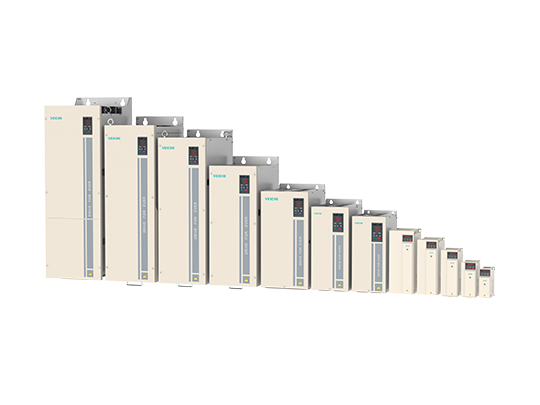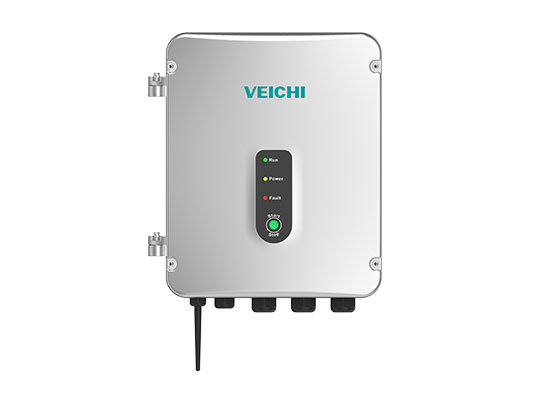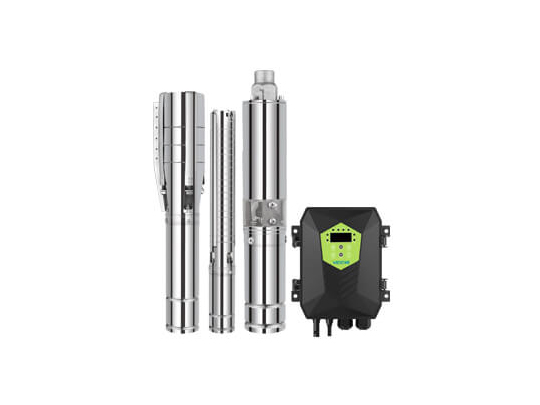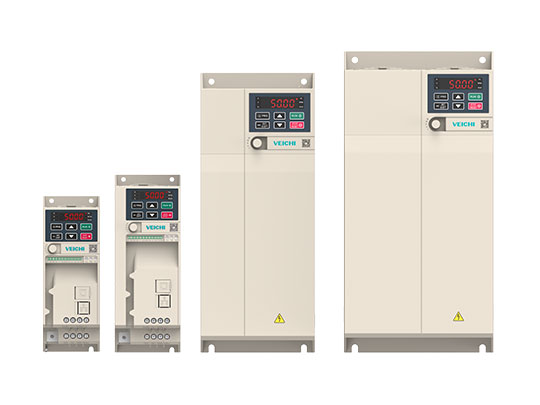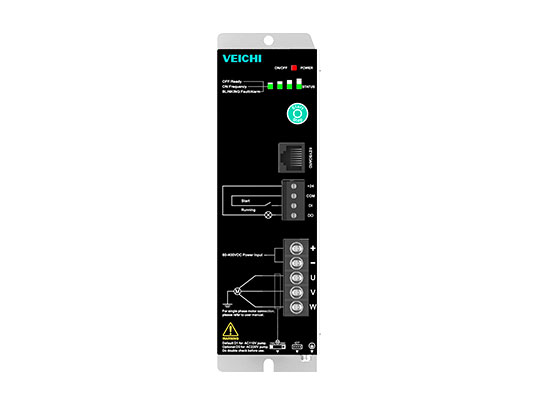What is MPPT (Maximum Power Point Tracking)
What is Maximum Power Point Tracking? MPPT or Maximum Power Point Tracking is a special technology that you can apply to produce better power output from turbines and PV solar modules in various circumstances. MPPT controller can detect in real time the generated voltage of solar panels and track the maximum voltage and current values(the VI), so that the system could charge the battery with the maximum power output. MPPT can be applied in photovoltaic inverter to coordinate with solar panels, batteries and work loads.
Many people get confused about what is MPPT in essence. Maximum Power Point Tracking works by regulating the electrical module state so that more power can be effectively stored in batteries. The application of MPPT can effectively solve the conventional power using problem in remote areas and tourist areas without producing pollution.
The output power of PV cell is related with the operating voltage of MPPT controller, it would output a maximum value only when working in the most suitable voltage.
For example:
Sunshine intensity=1000W / m, U = 24V, I = 1A; U = 30V, I = 0.9A; U = 36V, I = 0.7A; Outputs maximum power when u=30.
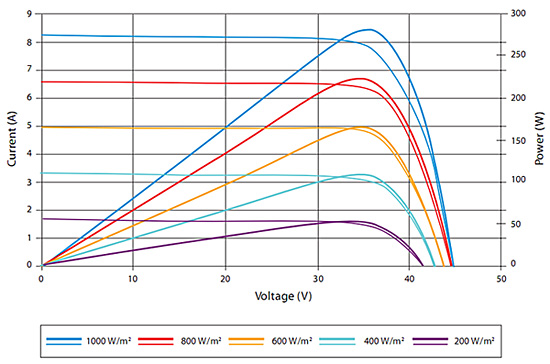
Principle of MPPT
After the explanation of what is Maximum Power Point Tracking, the principle of the technology would be much easier to understand.
When charging for the battery, the solar panel output voltage must be higher than the current battery voltage, if the solar panel voltage is lower than battery voltage, the output current would be close to 0. So for safety, the solar panel peak voltage (Vpp) would be set at about 17V, which is set based on the ambient temperature of 25 °C. When the weather is very hot, the solar panel peak voltage(Vpp)would fall to about 15V, but in cold weather, the solar peak voltage(Vpp)can reach 18V.
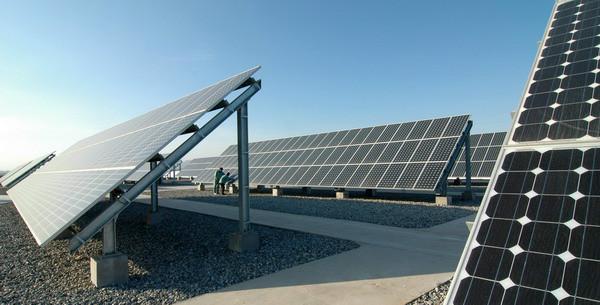
The charging parameters are set at factory default for MPPT solar pumping controller, that is, MPPT controller would track the maximum power point of solar panels in real-time to realize the best effect of solar panels. The higher the voltage, through max power point tracking, more power would be outputted, thereby improving the charging efficiency.
In theory, the efficiency of solar power system with MPPT controller would increase by 50% compared with traditional power system, while according to actual tests,the ultimate MPPT efficiency can be increased by 20% -30% since there is energy lost to the surrounding environment.
In this sense, MPPT Solar Charge Controller is bound to replace conventional solar controller eventually.
Advantages of Maximum Power Point Tracking
1. Main circuit DC voltage and output current can be detected and the output power of the solar array can be calculated by MPPT.
Almost all solar-related applications can be improved by MPPT since the MPPT can help producing better power outputs, and more advantage would be obtained when the operation voltage of the module is high. The power could be lost when the radiation and temperature are not suitable for solar installations, but more power could be transferred and saved when using Maximum Power Point Tracking.
2. MPPT solar charge controller could also be used in industries like mini-turbine and wind turbine, etc.
3. MPPT would simplify system and improve output efficiency.
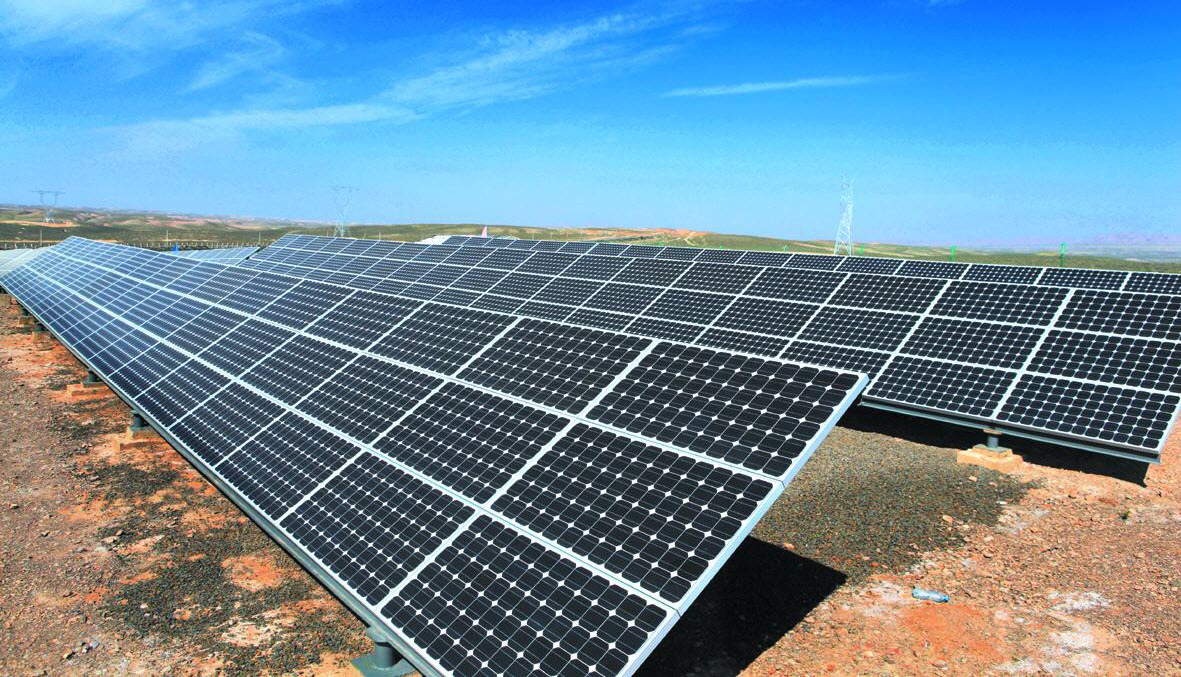
This is the explanation of what is MPPT or Maximum Power Point Tracking, and more products with the MPPT technology would come into being in future in order to save energy and reduce consumption.
 Global - English
Global - English Spanish - Español
Spanish - Español French - Français
French - Français Russian - Pусский язык
Russian - Pусский язык Chinese - 中文
Chinese - 中文 Korean - 한국어
Korean - 한국어 Vietnamese - Tiếng Việt
Vietnamese - Tiếng Việt
